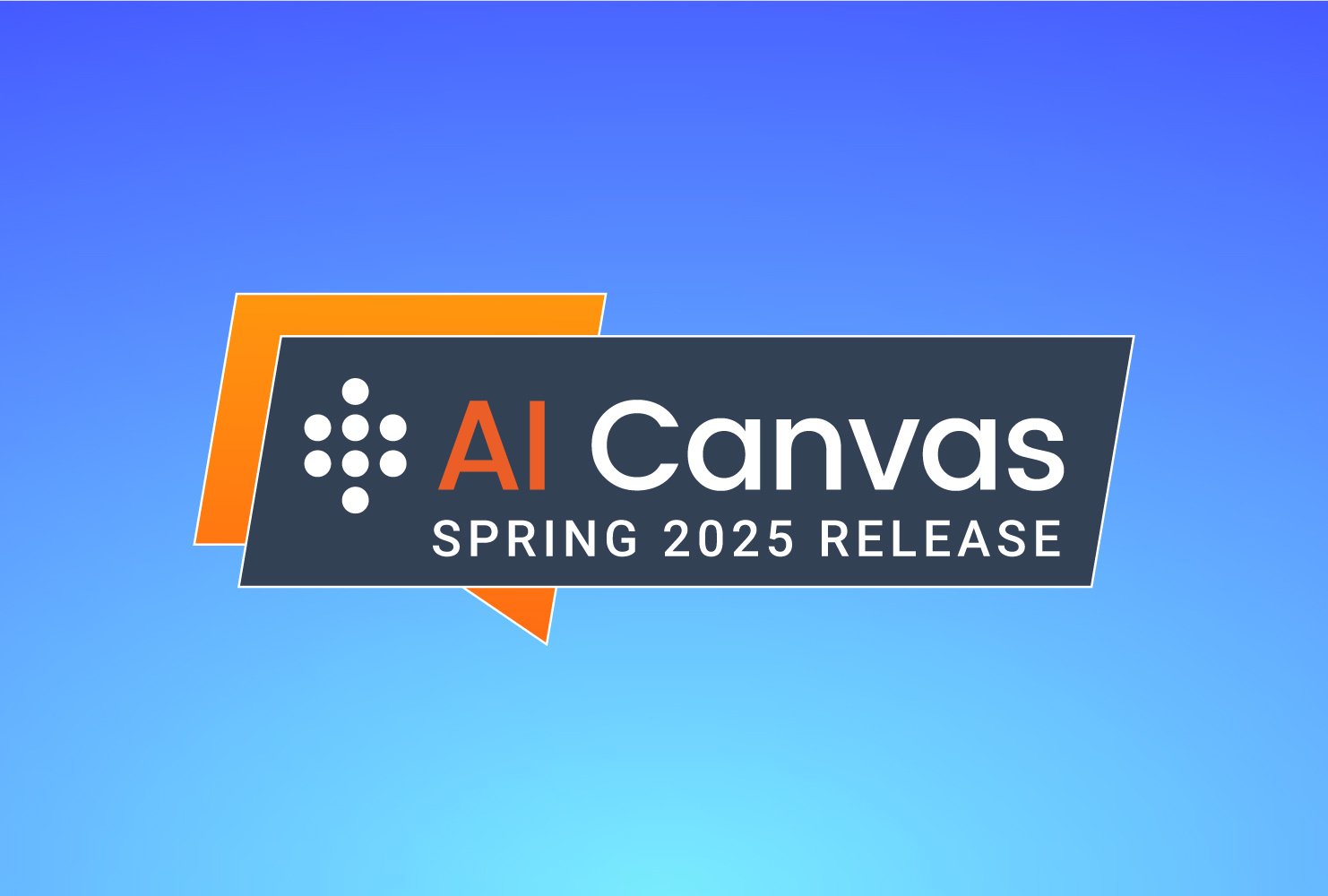The numbers behind our Legal AI Canvas tell an exciting story - over 30% month-over-month growth in user engagement. But behind these statistics are the voices of legal professionals who've shared what matters most in their daily practice. The Spring 2025 Legal AI Canvas release focuses on ease of performing legal tasks without requiring lawyers to become experts in prompt engineering. The update introduces simpler ways to describe legal tasks and manage repeatable workflows.
The Automated Prompt Generator - the AI "Easy Button"
For many lawyers, the uncertain process of creating effective prompts has been a significant obstacle to AI success. The new Prompt Generator eliminates this barrier by translating natural language descriptions of legal tasks into technically optimized prompts. It essentially serves as an AI interpreter for attorneys, making advanced technology accessible without specialized training.
This feature goes beyond simple convenience by functioning as both a tool and a teacher. It converts legal task descriptions into structured prompts that produce consistent quality results. The AI will teach the lawyers how to create effective prompts through practical examples, helping attorneys build skills naturally. Users can refine prompts based on results, creating a feedback loop that improves both the prompt and the attorney's understanding of how to best interact with the AI. It also captures successful patterns that can be shared across the organization rather than held by a few power users.
Consider a litigation associate preparing for depositions. Instead of struggling to create the perfect prompt, they simply describe their task: "Analyze the two expert witness reports and identify contradictory statements about causation." The system generates an optimized prompt while showing effective prompt structure for future reference.
The Prompt Library Enhances Collaboration
The most valuable AI strategies within legal organizations often remain isolated with individual champions, creating knowledge silos that limit broader adoption. The Prompt Library allows users to create, manage, and most importantly share prompts. Lawyers can now build their own personal library of AI legal tasks that will grow as they continue to assimilate AI into their practice.
The Prompt Library provides granular control over who can access, use, and modify prompts through permission-based sharing. It maintains a complete audit trail tracking how prompts evolve through practical application. Teams benefit from consistent approaches to common legal tasks across practice areas. New team members gain immediate access to collective AI knowledge, accelerating their successful use of AI.
This feature addresses the common frustration of "reinventing the wheel" that often happens with technology adoption in legal settings. When a partner develops an effective approach for analyzing regulatory compliance risks, for example, that expertise can now permanently reside within the Prompt Library and be systematically shared across the firm instead of relying on casual knowledge transfer.
Variable-Driven Workflows Increase Efficiency
The enhanced prompt template system introduces a practical yet intuitive framework for handling repetitive legal tasks. The multi-variable support accommodates complex scenarios while remaining easy to use.
A practical example shows how this works: a contract review prompt template might include variables for the contract itself and a variable for client-specific policies. Once set up, the analysis can be run across additional contracts, incorporating different policies, by merely substituting the documents.
Agentic eDiscovery Improves Document Analysis
Document review remains one of the most labor-intensive aspects of legal practice - and offers significant opportunities for AI improvement. The Spring 2025 Release introduces the agentic interrogation tool that shifts the approach from basic keyword searches to intelligent investigation.
The AI Canvas analyzes the topic of the inquiry, performs an advanced, iterative retrieval process to identify potentially relevant documents in the eDiscovery data set, analyzes each identified document and generates an informative response with detailed citations to the important documents for easy verification.
Originally released in the Spring of 2023, Servient is already releasing version 2 of its Generative AI functionalities for eDiscovery. Wait till you see what we have in store for version 3 of AI for eDiscovery.
Integrated AI Workflows Go Beyond Simple Automation
Behind the screen, the Spring 2025 Release includes version 2 of the Servient Agentic Orchestrator. This is the backbone of the AI Canvas’s ability to serve as the legal workspace for lawyers to collaborate with their Legal AI Agents. The Agents are coming!
Conclusion
The Spring 2025 Legal AI Canvas release fundamentally changes how attorneys interact with AI. By eliminating technical barriers through the Automated Prompt Generator, enabling knowledge sharing via the Prompt Library, streamlining repetitive tasks with variable-driven workflows, and enhancing document review through agentic eDiscovery, we've created an ecosystem that adapts to legal workflows rather than forcing attorneys to become technology experts.
Powered by the Servient Agentic Orchestrator, this release represents just the beginning of what's possible when AI becomes a true collaborative partner in legal practice. The future isn't about AI replacing attorneys—it's about attorney-AI teams delivering superior results for clients. We're excited to see how the legal community leverages these tools to transform their practice.





.jpg?width=264&height=342&name=Blog%20card%20AW%20(1).jpg)
